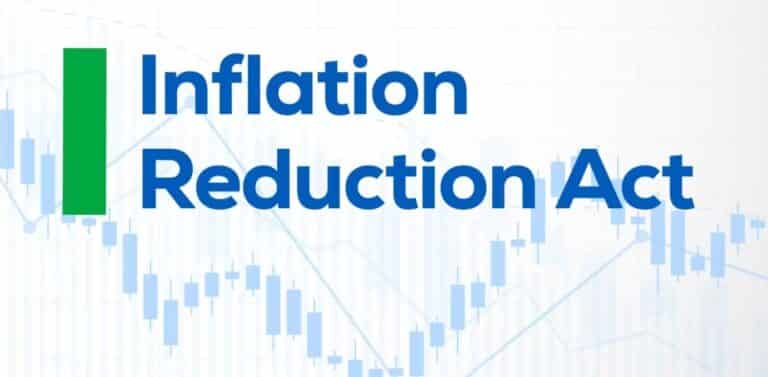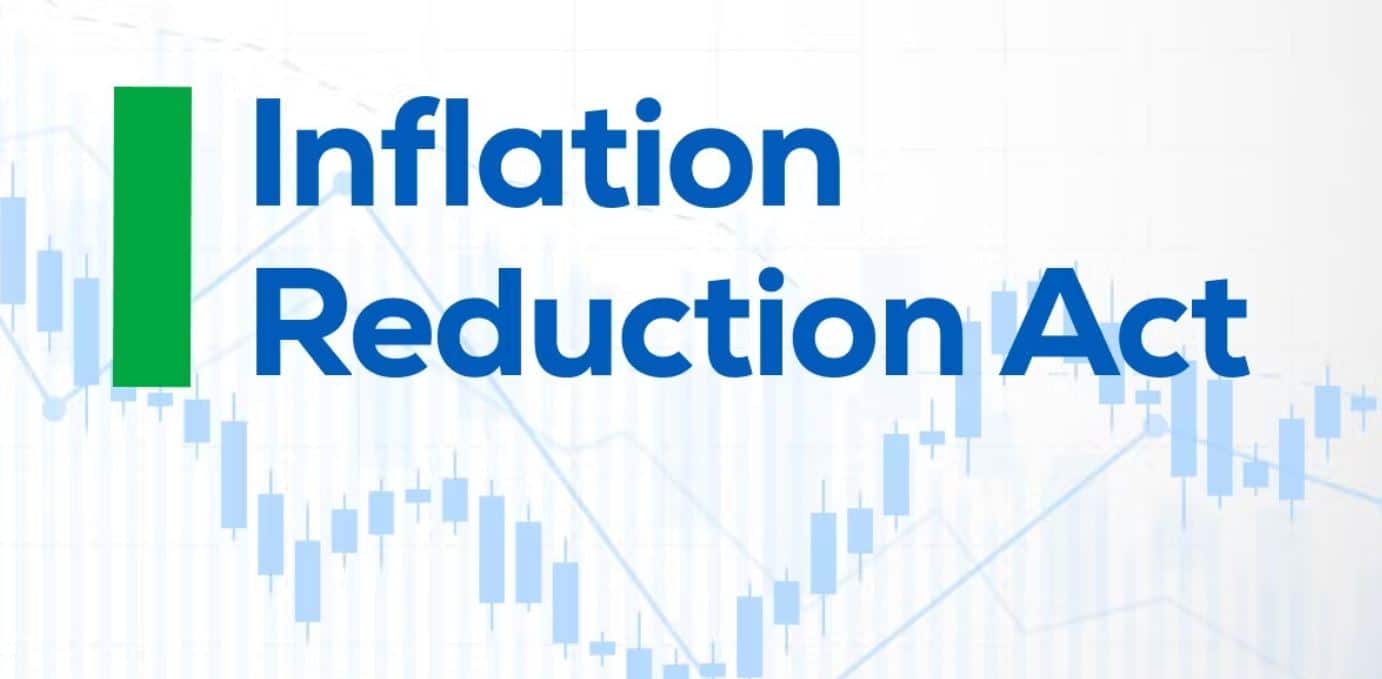
The Inflation Reduction Act and the developing countries’ efforts to fight climate change.
Up to this moment, 2022 has not been the best year for Asian emerging economies. A stronger dollar, rising interest rates and higher levels of inflation all seem to have hindered what was expected to be a year of revival.
From today, another element has to be taken into consideration. Back in August, as America was preparing for one of the hottest summers ever recorded and the era of people doubting the reality of global warming was seemingly coming to an end US President Joe Biden signed the new Inflation Reduction Act. The quite misleading name of the act includes, among all other things, an enormous amount of clean energy provisions. With this Act, the US seems to have taken the lead with regard to fighting climate change. However, it has done so in a way that could actually hinder the ability of developing countries to take part in this fight.
In fact, analysts and executives in many Asian countries believe this Act will raise renewable energy costs, making non-green sources of energy a more attractive alternative. Consider, for instance, India and its efforts to switch away from coal as the main energy source to fuel growth, and how higher costs of renewable energy could affect this.
“By handing out subsidies, the effect of this act may well be to distort the entire renewable energy supply chain,” says Mahesh Kolli, president and joint managing director at Greenko Group, a Hyderabad-based renewable energy firm.
He argues that producers of solar panels will be able to bill US customers a much higher price than the one paid by India to import them. This would obviously mean that solar panel prices would rise for these developing countries, hindering their ability to switch to renewable energy sources, and consequently incentivizing the return of India, and other developing countries, to the use of coal.
“A shift towards low-carbon technologies can be successful only if developing countries have access to resources, including finance, on concessional terms,” said Anantha Nageswaran, chief economic adviser to the Indian government. He argues that developing countries need the support of developed ones in meeting the transition costs of switching to a more sustainable source of energy.
After all, while much of the climate change problem has been caused by developed countries, emerging economies seem to be the ones that carry the burden of reversing this process. This should make us wonder: is it fair that they are not only not helped, but also hindered in their transitioning process by developed countries? These are some of the questions that India will pose to the G20 when it will take over the leadership in Mid-November, and hopefully, they will be answered by developed countries by adopting a global perspective on the fight against climate change.
Author: Luca Pitta
The Inflation Reduction Act and the developing countries’ efforts to fight climate change
Up to this moment, 2022 has not been the best year for Asian emerging economies. A stronger dollar, rising interest rates and higher levels of inflation all seem to have hindered what was expected to be a year of revival.
From today, another element has to be taken into consideration. Back in August, as America was preparing for one of the hottest summers ever recorded and the era of people doubting the reality of global warming was seemingly coming to an end US President Joe Biden signed the new Inflation Reduction Act. The quite misleading name of the act includes, among all other things, an enormous amount of clean energy provisions. With this Act, the US seems to have taken the lead with regard to fighting climate change. However, it has done so in a way that could actually hinder the ability of developing countries to take part in this fight.
In fact, analysts and executives in many Asian countries believe this Act will raise renewable energy costs, making non-green sources of energy a more attractive alternative. Consider, for instance, India and its efforts to switch away from coal as the main energy source to fuel growth, and how higher costs of renewable energy could affect this.
“By handing out subsidies, the effect of this act may well be to distort the entire renewable energy supply chain,” says Mahesh Kolli, president and joint managing director at Greenko Group, a Hyderabad-based renewable energy firm.
He argues that producers of solar panels will be able to bill US customers a much higher price than the one paid by India to import them. This would obviously mean that solar panel prices would rise for these developing countries, hindering their ability to switch to renewable energy sources, and consequently incentivizing the return of India, and other developing countries, to the use of coal.
“A shift towards low-carbon technologies can be successful only if developing countries have access to resources, including finance, on concessional terms,” said Anantha Nageswaran, chief economic adviser to the Indian government. He argues that developing countries need the support of developed ones in meeting the transition costs of switching to a more sustainable source of energy.
After all, while much of the climate change problem has been caused by developed countries, emerging economies seem to be the ones that carry the burden of reversing this process. This should make us wonder: is it fair that they are not only not helped, but also hindered in their transitioning process by developed countries? These are some of the questions that India will pose to the G20 when it will take over the leadership in Mid-November, and hopefully, they will be answered by developed countries by adopting a global perspective on the fight against climate change.
Author: Luca Pitta
RELATED
Regulatory Developments in ESG Reporting and Their Implications for Businesses
The focus on Environmental, Social, and Governance (ESG) factors has surged, leading to significant regulatory changes worldwide. Key developments include the EU’s Corporate Sustainability Reporting Directive (CSRD), the US SEC’s...
Read MoreThe Earthshot Prize 2022
The Earthshot Prize 2022 The Earthshot prize is an award given to five winners that created some projects that could help our planet face some of the most important challenges...
Read More

